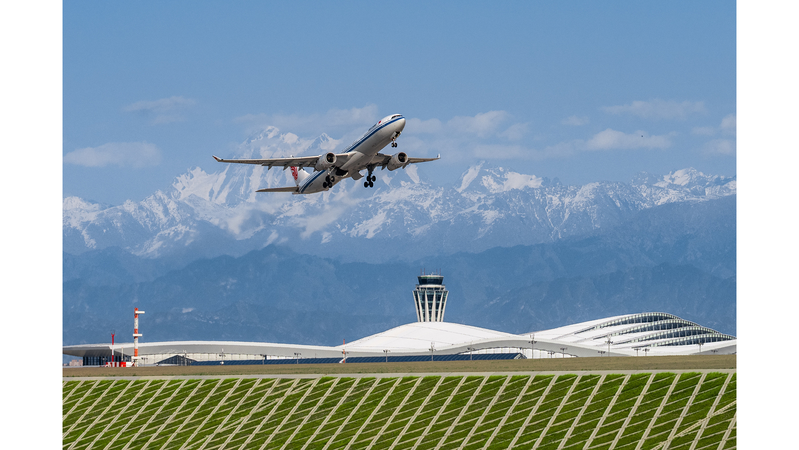Since reclaiming the presidency on January 20, U.S. President Donald Trump has been shaking up the global landscape with his bold and often controversial policies. One of the hottest topics? Tariffs. 📈
Trump has imposed hefty tariffs on imports from Canada, Mexico, and China, among others. Experts are raising alarms that these tariffs could seriously impact the U.S. automotive industry, pushing car prices up by thousands of dollars. While Trump touts tariffs as a way to protect American businesses, economists warn that the higher costs will likely hit consumers the hardest.
In just his first month back in office, Trump rolled out three major rounds of tariffs. The first targeted North American neighbors and China with rates of 25% and 10%. Although tariffs on Canada and Mexico were temporarily paused, the second round slapped a 25% tax on imported steel and aluminum from several countries, including those already targeted. The latest move, known as \"reciprocal tariffs,\" affects all countries, broadening the impact.
So, what does this mean for you? According to market research firms, the average new car price in the U.S. is already hovering around $49,740. With Trump's proposed tariffs, prices could soar to over $54,500—a nearly 12% jump! 📊 Industry insiders are worried that U.S. carmakers will struggle to absorb these costs, leading to fewer choices and higher prices at the dealership.
Benchmark analyst Cody Acree points out that the auto sector is especially vulnerable. \"The complexity of the supply chain and the sheer number of companies involved make the industry highly exposed to these tariff risks,\" Acree explains.
As these policies unfold, it's clear that while tariffs are meant to boost American industry, the ripple effects could make owning a new car a lot more expensive for everyday Americans.
Reference(s):
Trump tariff policy to further drive up U.S. car prices by thousands
cgtn.com




